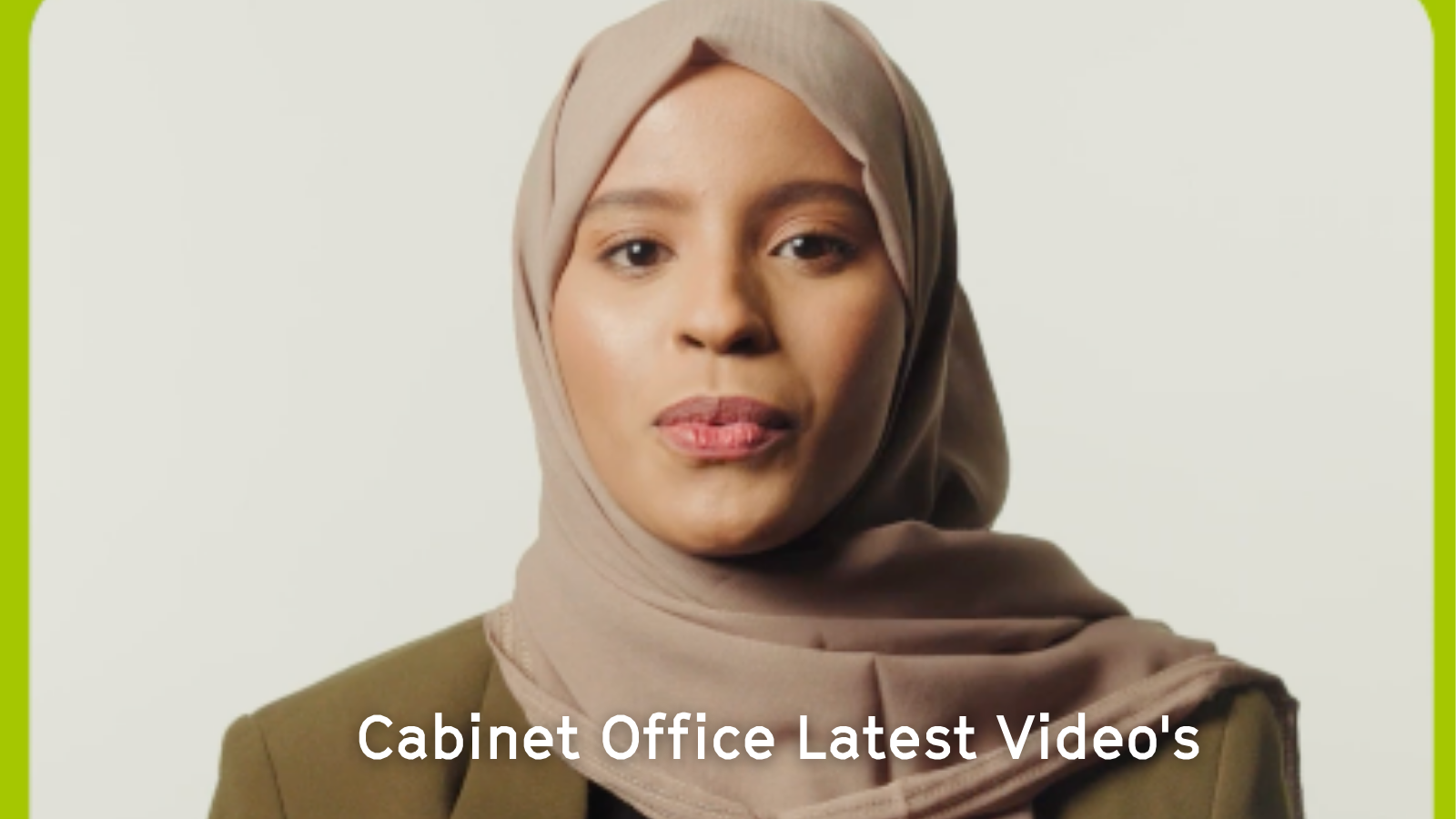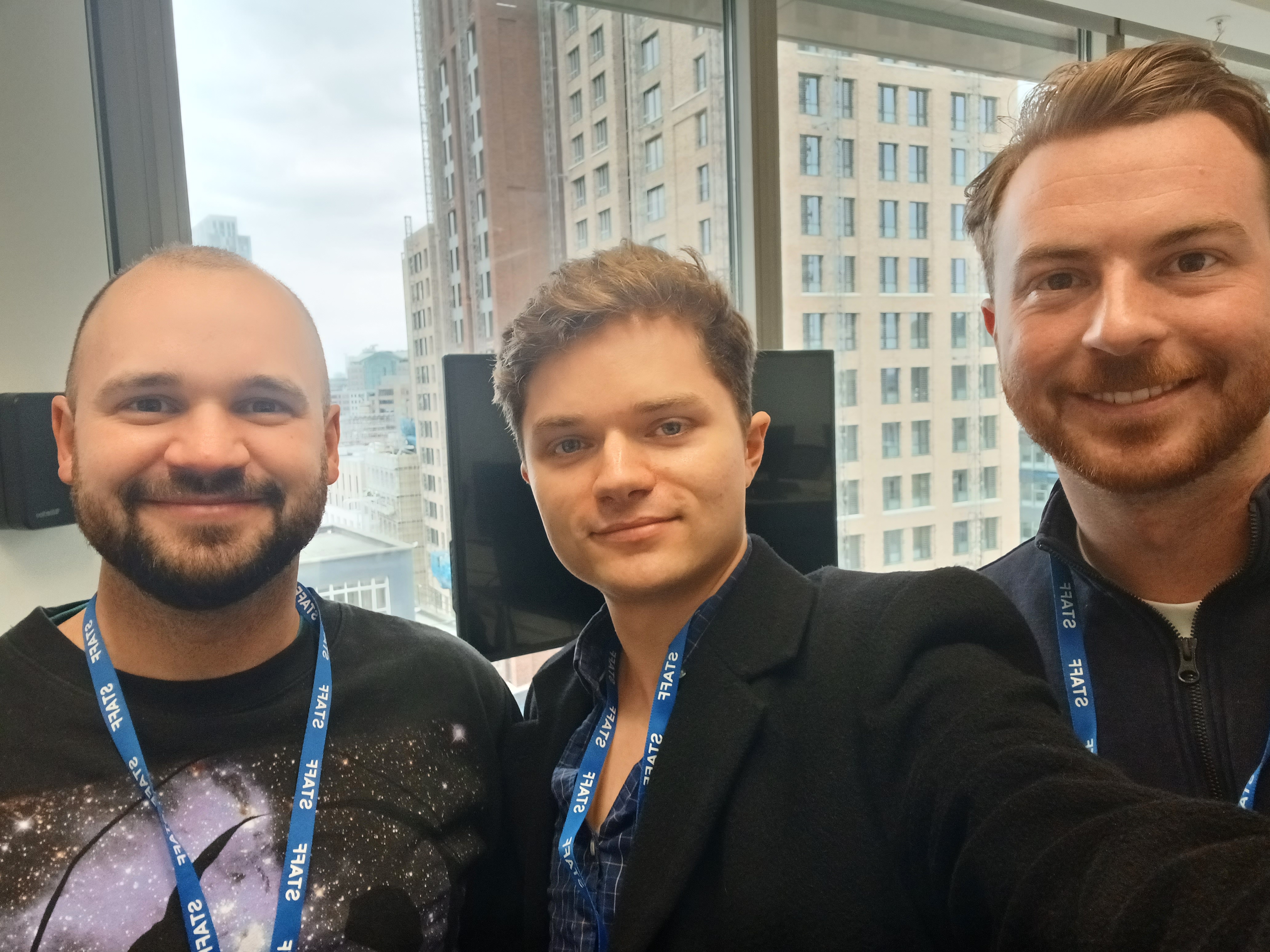Senior Developer
Government Digital Services -
Job description
GOV.UK Notify is a web application built with Python and Flask, running on Gunicorn. It is supported by several microservices, also written in Python, utilising frameworks and libraries such as Celery, Eventlet, SQLAlchemy, etc.
Additionally, GOV.UK Notify utilises AWS RDS (Postgres), AWS SQS, AWS ElastiCache, OpenTelemetry, Prometheus, Grafana and other related services. Concourse CI and Terraform are used to run build-pipelines and manage our infrastructure.
For the frontend, we follow the GOV.UK Design System, making use of GOV.UK Frontend components and patterns.
As a Senior Developer in GOV.UK Notify you’ll:
- work as part of a multi-disciplinary agile team, collaborating with frontend developers, content designers, product managers and user researchers to ensure your code puts users first at all stages of development
- write clean and secure code following a test-driven approach
- implement tools to support development and continuous improvement of the systems you work on
- support the live operation of the services we run during office hours, answering support queries from users, monitoring error rates and responding to incidents
- participate in out-of-hours support rotas where necessary - you'll be paid an allowance, and a further hourly payment for any duties you perform when on call
- share your work and the things you’ve learned through blog posts, show and tells, with the option of presenting at conferences and meetups
- use your learning and development budget to develop your career
Person specification
We’re interested in people who:
- have experience in back-end development, ideally with knowledge of web development in Python, NodeJS or Java
- have experience working with cloud based web applications, with technologies such as databases, caching, CDNs, containerisation and Unix-like operating systems
- have thorough understanding of software design principles, and an ability to apply them
- have proven experience of modern software development approaches such as automated testing, test driven development, continuous integration, pair programming, code review and version control
- have understanding of common web security risks such as OWASP Top 10, and the corresponding mitigations
- enjoy researching and learning new programming tools and techniques and sharing their skills with others
- have experience working in a collaborative environment, and an understanding of the benefits of agile and multi-disciplinary approaches
- have a desire to use their skills and experience to make a genuine difference, and to work on important services that are relied upon by millions of people
- provide technical leadership within team, advising and working with developers to identify the best solutions
- take responsibility for solving complex issues, drawing upon a broad knowledge of web technologies
- take responsibility for developing others, through line management and/or mentoring
- help recruit other developers and, where appropriate, get involved with sifting and interviewing
Benefits
There are many benefits of working at GDS, including:
- flexible hybrid working with flexi-time and the option to work part-time or condensed hours
- a Civil Service Pension with an average employer contribution of 28.97%
- 25 days of annual leave, increasing by a day each year up to a maximum of 30 days
- an extra day off for the King’s birthday
- an in-year bonus scheme to recognise high performance
- career progression and coaching, including a training budget for personal development
- paid volunteering leave
- a focus on wellbeing with access to an employee assistance programme
- job satisfaction from making government services easier to use and more inclusive for people across the UK
- advances on pay, including for travel season tickets
- death in service benefits
- cycle to work scheme and facilities
- access to an employee discounts scheme
- 10 learning days per year
- volunteering opportunities (5 special leave days per year)
- access to a suite of learning activities through Civil Service learning
Any move to Government Digital Service from another employer will mean you can no longer access childcare vouchers. This includes moves between government departments. You may however be eligible for other government schemes, including Tax Free Childcare. Determine your eligibility at https://www.childcarechoices.gov.uk
Office attendance
The Department operates a discretionary hybrid working policy, which provides for a combination of working hours from your place of work and from your home in the UK. The current expectation for staff is to attend the office or non-home based location for 40-60% of the time over the accounting period.
DSIT does not normally offer full home working (i.e. working at home); but we do offer a variety of flexible working options (including occasionally working from home).
Things you need to know
Selection process details
The standard selection process for roles at GDS consists of:
- a simple application screening process - you’ll be asked to submit a CV demonstrating your previous work history, that should meet the skills and experience listed in the person specification above. You will also need to answer two application questions based on the person specification. Failure to submit your CV and complete the application questions may result in your application being unsuccessful
- A 20 minute telephone interview (may not be required depending on the volume of applicants)
- a 45 minute pair programming technical exercise - you'll work with a GDS engineer to solve a self-contained programming problem given to you in writing. You'll be asked to discuss the problem with the GDS engineer, devise a plan for solving it, and then to write code to solve the problem. As well as your programming and unit testing skills we'll be evaluating how you communicate and collaborate, and how you break down the problem. You'll use your own development environment for this (conducted over video conferencing)
- a 75 minute face-to-face interview (conducted over video conferencing)
Depending on how many applications we get, there might also be an extra stage before the video interview, for example a phone interview or a technical exercise.
Artificial Intelligence can be a useful tool to support your application, however, all examples and statements provided must be truthful, factually accurate and taken directly from your own experience. Where plagiarism has been identified (presenting the ideas and experiences of others, or generated by artificial intelligence, as your own) applications may be withdrawn and internal candidates may be subject to disciplinary action. Please see our candidate guidance for more information on appropriate and inappropriate use.
In the event we receive a high volume of applications, we will conduct the initial sift against the lead criteria which is:
- have experience in back-end development, ideally with knowledge of web development in Python, NodeJS or Java
In the Civil Service, we use Success Profiles to evaluate your skills and ability. This gives us the best possible chance of finding the right person for the job, increases performance and improves diversity and inclusivity. We’ll be assessing your technical abilities, skills, experience and behaviours that are relevant to this role.
For this role we’ll be assessing you against the following Civil Service Behaviours:
- working together
- changing and improving
- making effective decisions
- leadership
We’ll also be assessing your experience and specialist technical skills against the following skills defined in the Government Digital and Data Capability Framework for the Senior Developer role:
- Availability and capacity management
- Development process optimisation
- Information security
- Modern standards approach
- Programming and build (software engineering)
- Prototyping
- Service support
- Systems design
- Systems integration
- User focus
Recruitment Timeline
Sift completion: 21st November 2025
Phone and technical tests: starting from 1st December 2025
Panel interviews: W/C 15th December 2025
Candidates that do not pass the interview but have demonstrated an acceptable standard may be considered for similar roles at a lower grade.
A reserve list will be held for a period of 12 months, from which further appointments can be made.
The Civil Service is committed to attract, retain and invest in talent wherever it is found. To learn more please see the Civil Service People Plan and the Civil Service D&I Strategy.
Sponsorship
DSIT cannot offer Visa sponsorship to candidates through this campaign. DSIT holds a Visa sponsorship licence but this can only be used for certain roles and this campaign does not qualify.
Please note that this role requires SC clearance, which would normally need 5 years’ UK residency in the past 5 years. This is not an absolute requirement, but supplementary checks may be needed where individuals have not lived in the UK for that period. This may mean your security clearance (and therefore your appointment) will take longer or, in some cases, not be possible.
Whilst this role's location is Bristol/ Manchester, if you are a current Civil servant working in DSIT and based in London, you are also able to apply for this role. If you are successful, you will retain your London location and pay.
Feedback will only be provided if you attend an interview or assessment.






